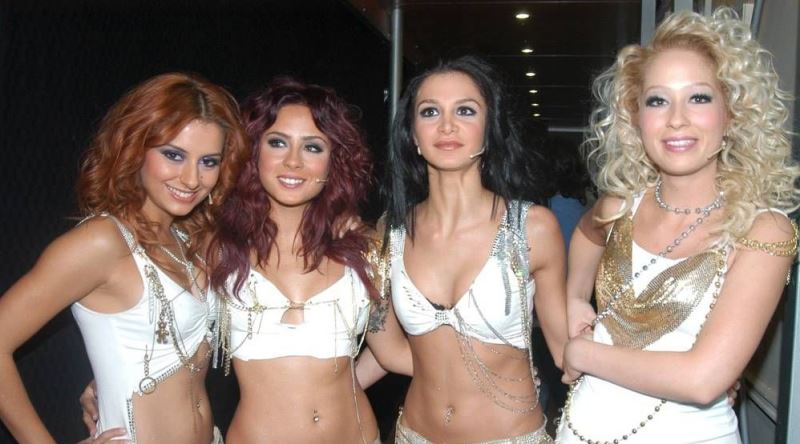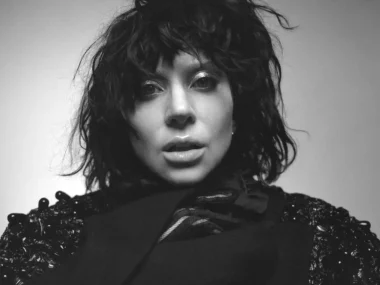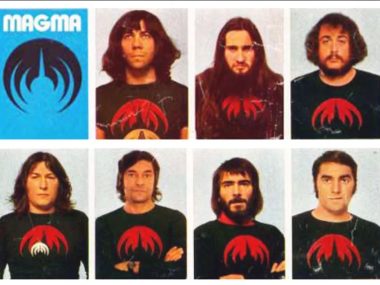You’ve probably heard of the concept of a project musician before. We like to think that every artist in the music world carves their own path to success, but for some, the reality is quite different. These are musicians who are designed as a product from the very beginning, introduced to the market with a carefully planned strategy, and expected to serve a specific purpose. In other words, they don’t just form organically when a group of kids decides to start a band. Instead, their careers are meticulously crafted and executed.
So, what does it mean to be a project musician? Let’s dig a little deeper.
Creating a Brand from Scratch
Everything is planned from the ground up when crafting a project musician. The goal is to build a name that will continue to resonate for years, integrating into various aspects of the industry.
- Identity: The artist’s stage persona, style, and even mannerisms are carefully defined.
- Musical Style: The direction of their music is determined early on.
- Target Audience: The intended demographic is mapped out. Are they appealing to teenagers? Alternative listeners? Rebels? Romantics?
- Social Media & PR: Every piece of content is strategically planned for maximum impact.
This is why project musicians are built more like brands than independent artists.
The Training Process of Project Musicians
Most project musicians are selected and shaped from childhood. Their journey includes vocal training, instrument lessons, dance, stage presence, media relations—every detail is meticulously orchestrated.
For instance, K-Pop is the pinnacle of this system. Groups like BTS and BLACKPINK undergo rigorous, years-long training programs in intense idol camps (boot camp or trainees) before being launched as highly polished products. But this isn’t unique to Korea.
Globally, artists like Justin Bieber were discovered young, then marketed and molded into global stars.
The Power of the Industry
A project musician cannot thrive without a powerful support system. This is where major record labels, managers, and marketing teams come into play:
- Major production companies invest in and guide the artist.
- Radio, TV, and social media platforms are used to build their popularity.
- PR strategies and, at times, orchestrated scandals are designed to keep them in the public eye.
- Sponsorships and brand collaborations create a vast marketing network.
Even Billie Eilish, despite writing her own music, was strategically positioned by a strong marketing team, making her the voice of a generation.
Content & Production
A project musician’s music is largely shaped by industry professionals:
- Songs are often written not by the artist but by professional songwriters and composers.
- The sound is tailored to match industry trends.
- Music videos and live performances undergo heavy production planning to align with the artist’s brand.
The Best Example in Turkey: Grup Hepsi
In my opinion, Grup Hepsi is one of the clearest examples of a project group in Turkey.
- TV Show: The series Hepsi 1 introduced the group to a broad audience and generated major media buzz.
- Major Sponsors: Pepsi and other global brands helped attract a young fanbase. Additionally, Sezen Aksu played a crucial role in their development. Over time, they also gained extra exposure through their Winx Club soundtracks.
- Songwriters & Composers: Leading industry professionals crafted songs specifically for the group.
- Music Videos & Visual Identity: Every detail—choreography, costumes, aesthetics—was meticulously planned, aligning them with the global girl band and pop industry standards.
- Musical Direction: While the group members eventually contributed creatively, the majority of their early music was crafted and controlled by producers.
However, the band ultimately disbanded due to broken promises from producers and the members’ pursuit of solo careers.
Conclusion
The concept of project musicians reveals just how powerful the music industry’s machinery is. An artist’s talent matters, but how they are marketed and to whom they are presented is just as crucial. Groups like Hepsi demonstrate how effective this model can be, even in Turkey.
However, the biggest challenge for project artists is struggling to establish their own artistic identity and often remaining overshadowed by their producers. Is this necessarily a bad thing? For those who can navigate the balance between artistry and commerce, it can be an incredible opportunity. But for those who fail to manage this process, their careers can vanish overnight.
So, in a world where the music industry wields such immense power, do real artists still exist? Or are we simply applauding another carefully crafted marketing product?



